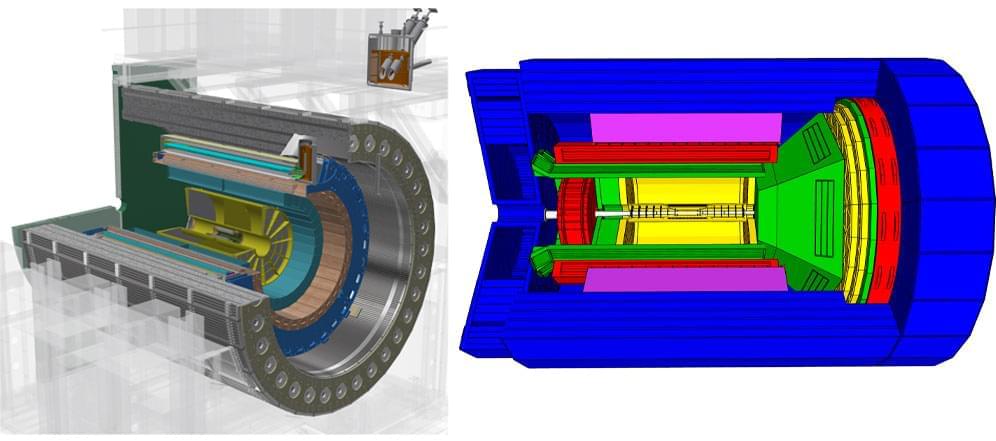WASHINGTON, D.C. — Today, the U.S. Department of Energy (DOE) announced $5.7 million for six projects that will implement artificial intelligence methods to accelerate scientific discovery in nuclear physics research. The projects aim to optimize the overall performance of complex accelerator and detector systems for nuclear physics using advanced computational methods.
“Artificial intelligence has the potential to shorten the timeline for experimental discovery in nuclear physics,” said Timothy Hallman, DOE Associate Director of Science for Nuclear Physics. “Particle accelerator facilities and nuclear physics instrumentation face a variety of technical challenges in simulations, control, data acquisition, and analysis that artificial intelligence holds promise to address.”
The six projects will be conducted by nuclear physics researchers at five DOE national laboratories and four universities. Projects will include the development of deep learning algorithms to identify a unique signal for a conjectured, very slow nuclear process known as neutrinoless double beta decay. This decay, if observed, would be at least ten thousand times more rare than the rarest known nuclear decay and could demonstrate how our universe became dominated by matter rather than antimatter. Supported efforts also include AI-driven detector design for the Electron-Ion Collider accelerator project under construction at Brookhaven National Laboratory that will probe the internal structure and forces of protons and neutrons that compose the atomic nucleus.










Comments are closed.